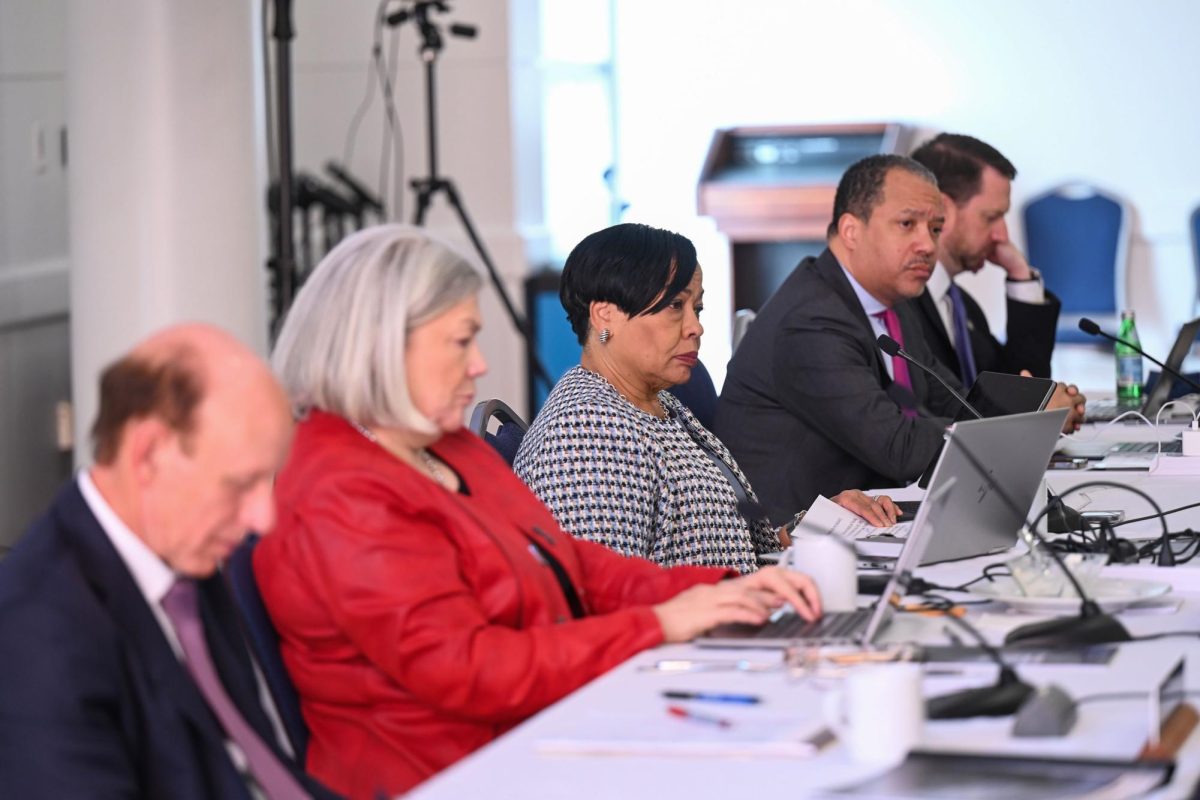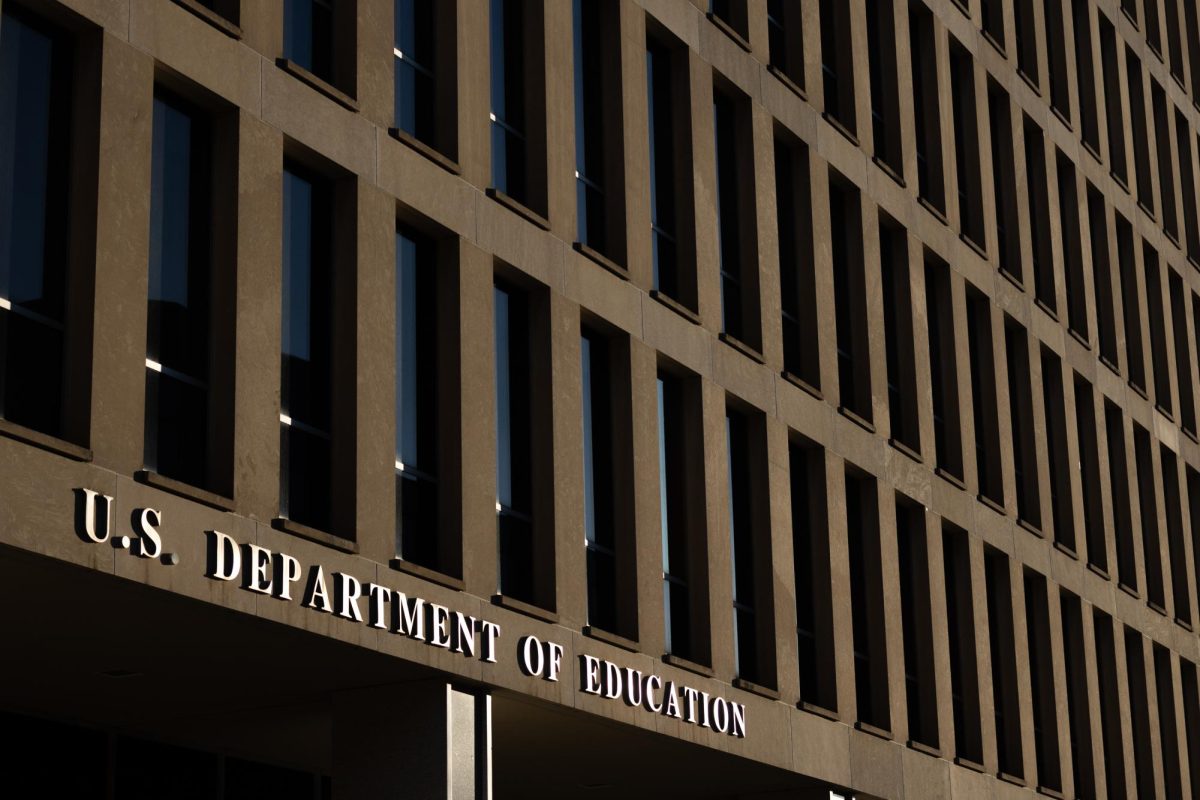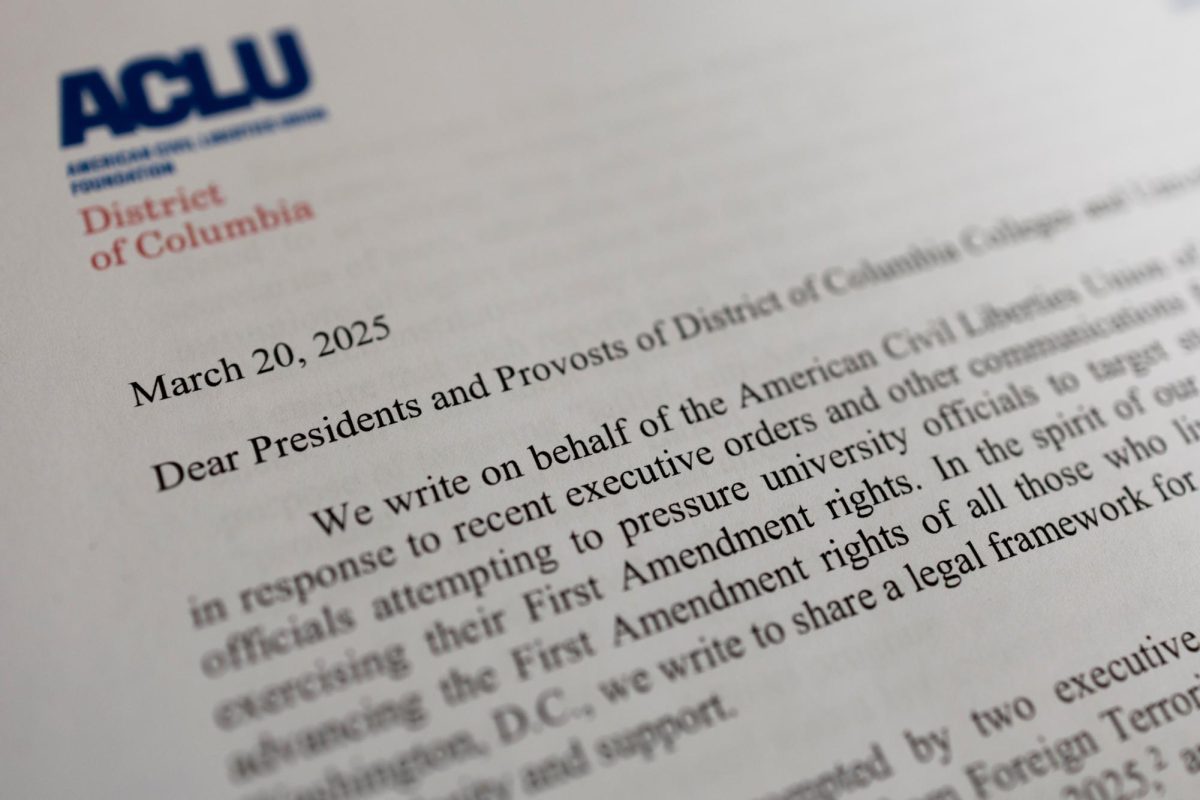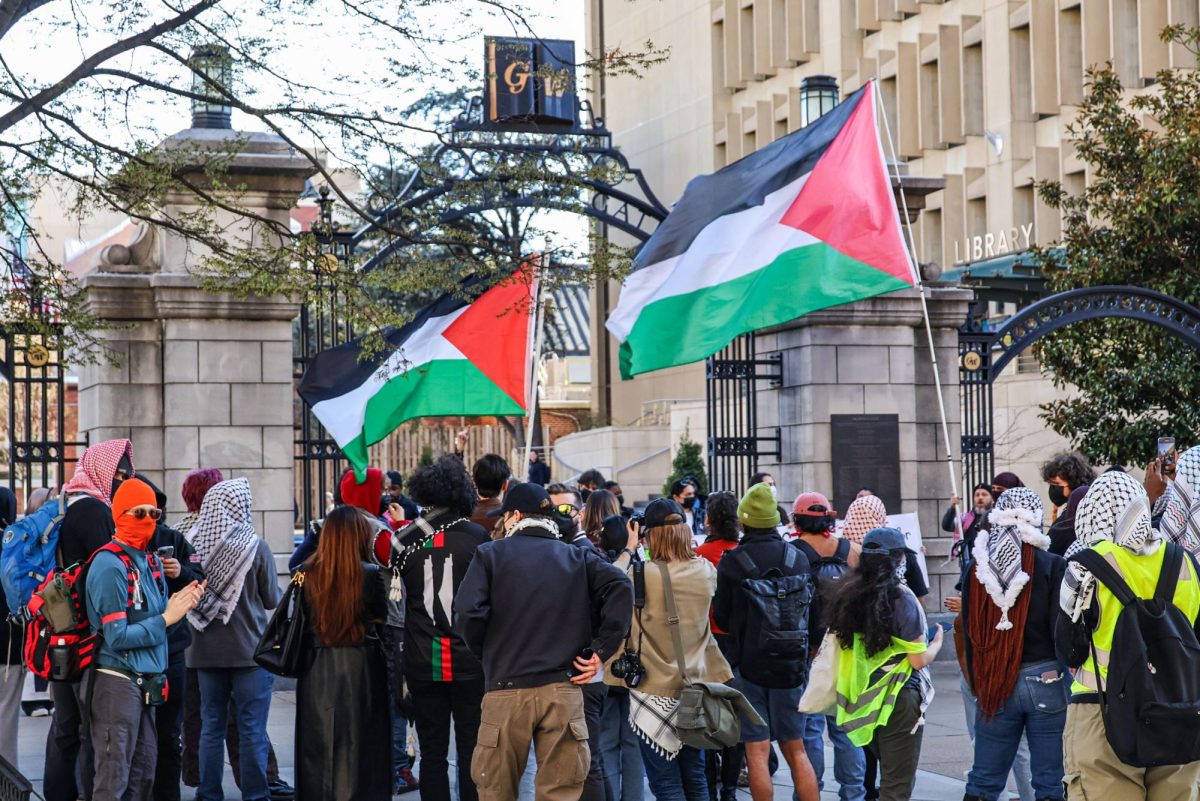More than 3,600 people have signed a petition calling on GW to remove Supreme Court Associate Justice Clarence Thomas from his role as a professorial lecturer in law at GW Law after he voted to overturn Roe v. Wade.
Thomas has lectured at GW Law since 2011, co-teaching a constitutional law seminar with his former clerk Gregory Maggs, and is set to teach that course again in the Fall 2022 semester, according to GW Law’s course catalog. Students began sharing the petition on social media Sunday in response to the Supreme Court’s 5-4 ruling Friday overturning Roe v. Wade, which ended federal protection of abortions.
Thomas also wrote a concurring opinion in Dobbs v. Jackson Women’s Health Organization calling on the Court to reconsider rulings that protect contraception, same-sex relationships and same-sex marriage.
“With his explicit intention to further strip the rights of queer people and remove the ability for people to practice safe sex without fear of pregnancy, it is evident that the employment of Clarence Thomas at George Washington University is completely unacceptable,” the petition states.
Jon Kay, a rising junior majoring in international affairs and philosophy, made the petition Sunday afternoon after learning of Thomas’ position at GW Law. He said he started the petition because he felt Thomas’ position on the right to an abortion, as well as his signaling of reconsiderations of Obergefell v. Hobbes and Lawrence v. Texas, which respectively outlawed bans against same-sex marriage and sodomy, threatened students.
“I think that it’s unacceptable that he’s on campus because this decision and then the three decisions that he’s actively going after explicitly are actively endangering the lives of the students on campus,” Kay said.
University spokesperson Tim Pierce did not immediately return a request for comment.
GW Law Dean Dayna Bowen Matthew said in an email to the GW Law community that the law school would be hosting discussions in the coming weeks regarding the reversal of Roe, as well as rulings in two other cases that involved gun rights and religious freedom. Matthew said the discussion panels will cover the legal, intellectual and policy implications of the Court’s decisions on civil rights, access to contraception and the LGBTQ+ community’s right to marry.
“This is a time when GW Law may distinguish ourselves among all other law school communities by the way that we approach having difficult conversations and act constructively to preserve the rule of law and our democracy,” Matthew said in the email.
Matthew said “times of conflict” call upon lawyers to act as intellectuals and moral leaders for the public.
“These profound questions of how we choose to run our society, and who gets to make those decisions run through all the Court’s decisions, and are the questions of our time,” Matthew said in the email.











